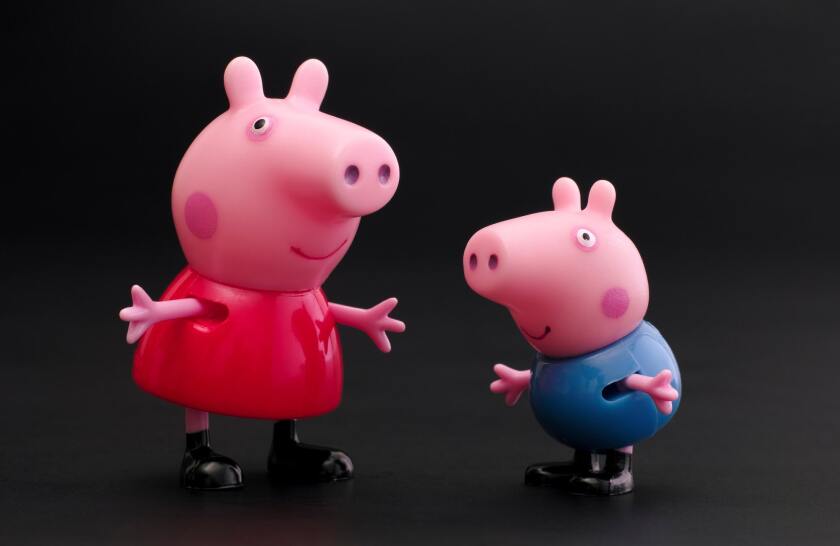Vietnam-based media company SConnect, whose YouTube series about a cartoon wolf has been subject to a litigation war with Peppa Pig, has taken aim at the cartoon swine for allegedly promoting bullying, fat-shaming and “outdated gender stereotypes”.
In a defence to an infringement claim it is facing at the England and Wales High Court, SConnect has made a string of criticisms against Peppa Pig episodes.
“The content of the claimants’ Peppa Pig videos contain objectionable content, the promotion of outdated gender stereotypes and the promotion of objectionable and unmitigated behaviour, such as bullying and rudeness,” the defence said.
Media company Entertainment One (eOne), which owns the rights to Peppa Pig, has alleged copyright and trademark infringement and passing off against SConnect.
SConnect runs various YouTube channels including one called ‘Wolfoo’, which features a cartoon wolf and its friends.
SConnect’s defence, filed on March 1, said the Peppa episodes called ‘The Fire Engine’, ‘The Treehouse’ and ‘The Playground’ include bullying, fat-shaming, and sexism.
In the document, seen by Managing IP, SConnect also admitted to unwittingly copying audio files from Peppa Pig episodes. However, it still denies the allegations against it.
SConnect said a third-party contractor it briefly employed admitted to using some audio files from Peppa Pig episodes.
According to SConnect, from early 2018 to mid-2020 it used an independent third party called Le Dang Khoa to supply sound files for Wolfoo episodes.
SConnect said in its defence that it raised eOne’s allegations about audio clips with Khoa after eOne first filed its claim in January 2022, but that he had denied any wrongdoing.
However, SConnect said that in December of that year Khoa admitted to copying sounds from downloaded episodes of Peppa Pig before editing and modifying them and sending the sound files to SConnect.
“This was the first time that the defendants were aware that such copying had taken place,” the defence said.
SConnect added that all newly produced Wolfoo animations since mid-2020 have only used sounds created in-house by its sound recording facility, which it set up that same year.
Eone has alleged that Wolfoo copied the look and feel of Peppa Pig and that imagery in Wolfoo included reproductions of the scenery and background used in Peppa Pig episodes as well as some audio clips.
SConnect sought to challenge jurisdiction on the basis that the claim had not been served correctly, and that Wolfoo had not targeted UK consumers. But that claim was thrown out in December last year.











